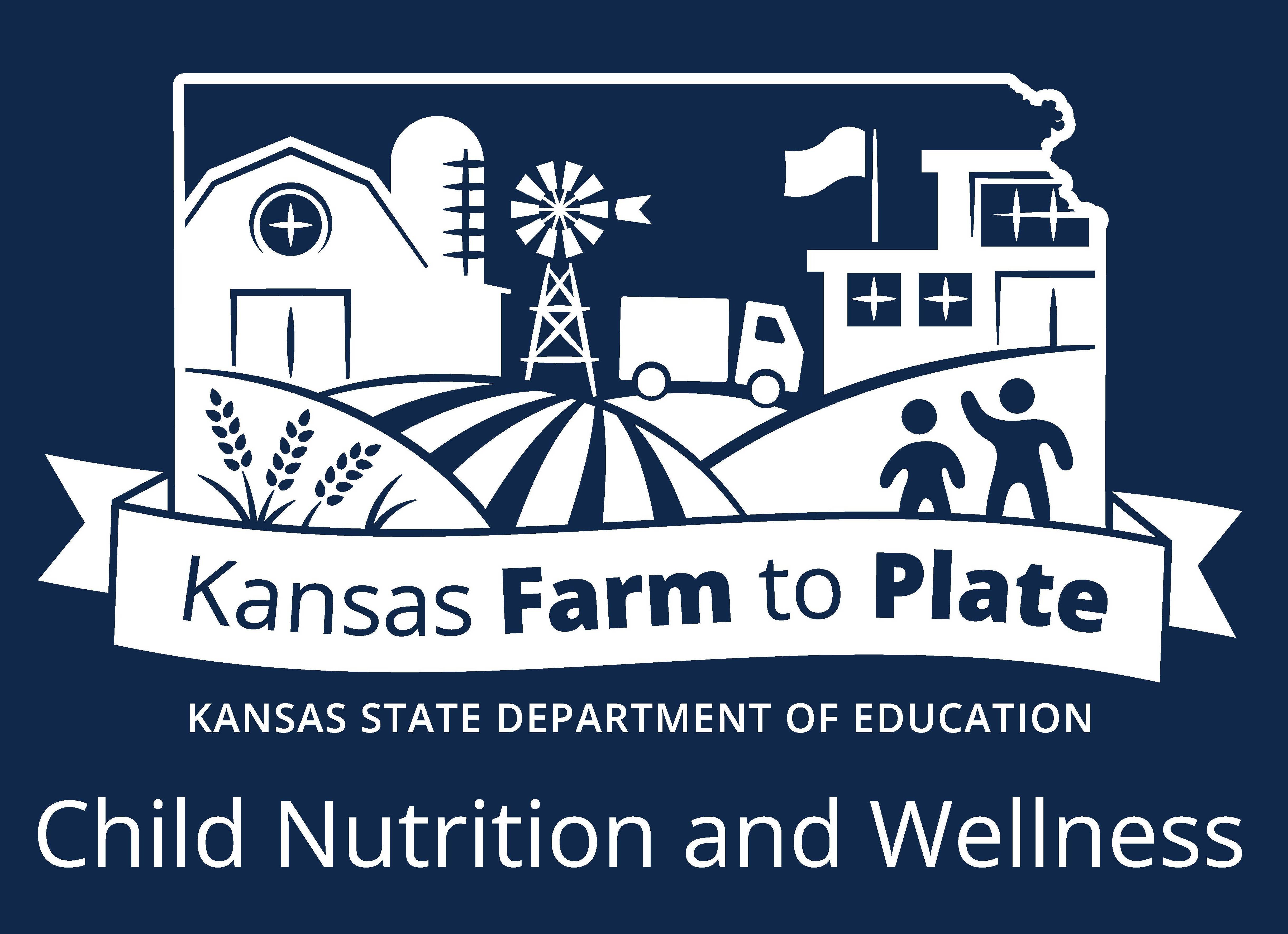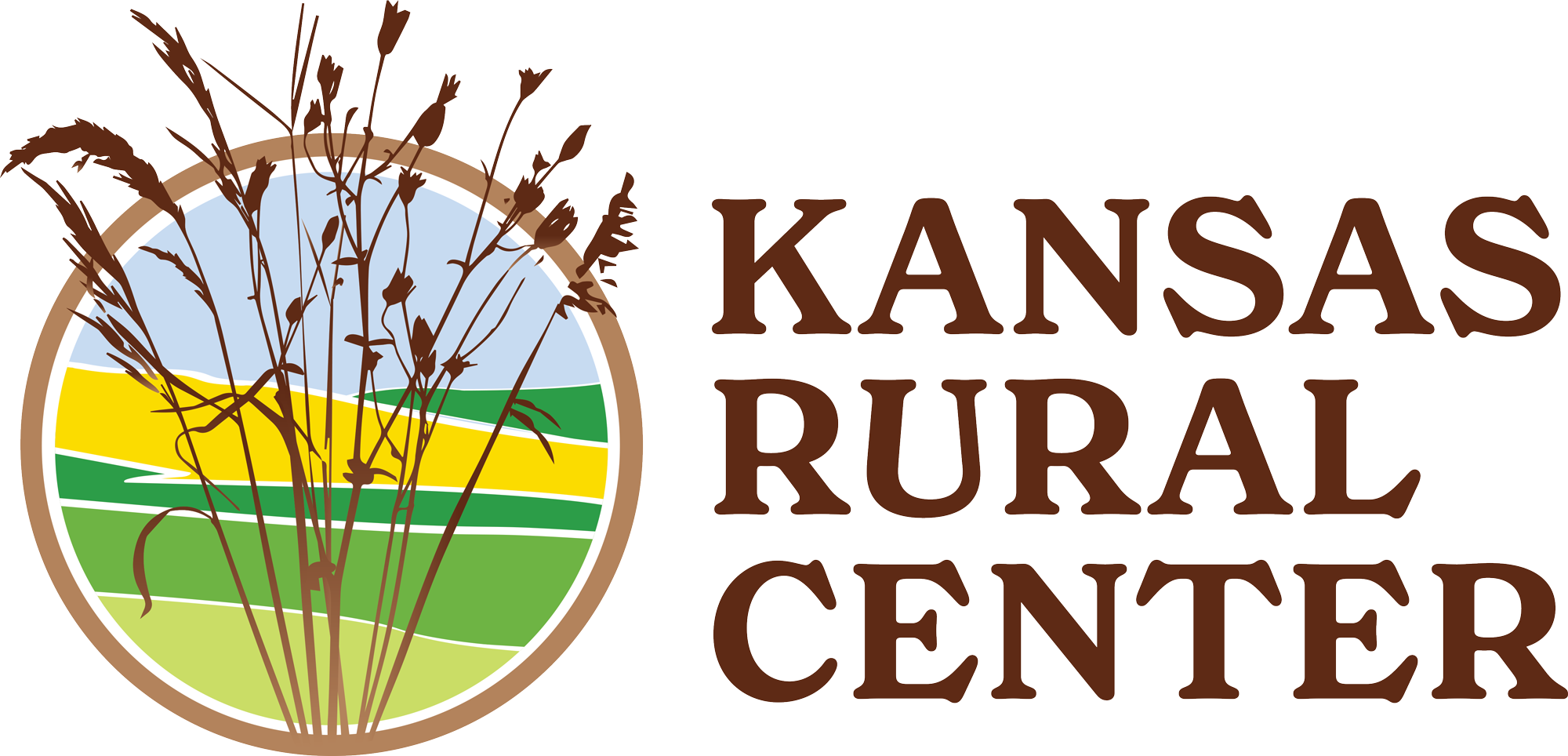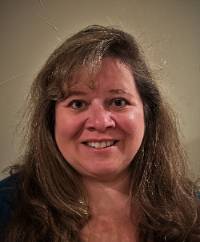- K-State home
- Research and Extension
- Kansas Local Food Systems
- Local Food Summit
- Session Descriptions
Session Descriptions
Please click the titles below to view session descriptions for each category.
Grant Writing Basics Workshop
9:30 a.m. to 3:30 p.m., $50, lunch, course materials provided
This basic workshop will provide guidance and information on grant-writing for those who have limited experience or are looking for ways to improve their grant-writing skills. Topics covered will include elements of a successful grant, creating a logic model, budget development, and evaluation. There will be time for small group work and interaction with experts. This workshop is being taught by Nancy Daniels, K-State Research and Extension Community Vitality specialist.
Farm to Plate Specialty Crop Networking Workshop (FULL)
9 a.m. to 12 p.m., FREE, lunch provided
The Kansas State Department of Education’s Child Nutrition and Wellness team is working with Kansas Farm Bureau/Shop KS Farms, Kansas Rural Center, KC Food Hub and the Specialty Crop Growers Association, and the Kansas Department of Agriculture to educate attendees about specialty crops available regionally. This workshop will offer learning, networking and procurement planning with regional producers to increase market access through producer/buyer conversations.
Workshop travel expenses (up to 100 miles round trip) will be reimbursed. A W-9 must be submitted to barb.depew@ksde.gov by Tuesday, July 8th to receive travel reimbursement.
*Participants in this workshop from the central part of Kansas are strongly encouraged to stay for the Beyond the Scarcity Mindset workshop in the afternoon.*
Creating Your Farm to Plate Initiative Workshop
1 p.m. to 3:30 p.m., FREE, no meal provided
Kansans can collaborate to procure and serve local foods in schools, childcare programs, and other meal sites. The United States Department of Agriculture Farm to School Planning Toolkit provides strategies and best practices for developing and sustaining a farm to plate initiative. In this workshop, Kirsten Angell, KS Department of Education Farm to Plate Coordinator, along with KS Child Nutrition Program operators, provide planning steps & real-life applications.
Beyond the Scarcity Mindset: Growing Farmer-to-Farmer Communities (FULL)
1 p.m. to 3:00 p.m., FREE, no meal provided

Join the Kansas Rural Center, fellow farmers, businesses and other supporting organizations from the Central Kansas Food Corridor (CKFC) area to learn more about efforts to increase cooperation and aggregation that support our local food system’s development. We invite you to meet face-to-face, share projects, identify common challenges and find ways to work together, outside of the silos we commonly find ourselves in due to competition, funding, geography, etc. Through this collaboration we can strengthen our community, helping each other to grow and flourish. Together we are building a network of producers, retailers, and community developers... Do you identify with this network? Join the conversation!
Tour A: Prairieland Market & Seraphim Bread
5:30 p.m. to 7:00 p.m., $10, light refreshments provided
Join us for a fun and interactive session where we highlight local food stories from around the state, dive into some of the facts and figures about where we are now, and envision a vibrant future for the Kansas food system!
A. Midwest Meats Local Food Source Mission & Journey
Join Troy Leith, owner of Midwest Meats of Abilene to hear about the challenges and mission of starting a family owned business serving the local community and the local family farms through the establishment of a mobile meat processing unit.
B. Hunger Free Kansas Mini-Grant Showcase
Interested in driving meaningful change in food security in your community? Come learn from the experiences of teams working to do this in communities across Kansas through Hunger Free Kansas mini-grants! Leave with ideas to take home to implement these projects in your own community. Clara Misenhelter of K-State Extension will facilitate this panel of grant recipients.
C. The Recipe for Success: Building Thriving Food Ventures in Incubator Kitchens
Discover how incubator kitchens can turn culinary dreams into thriving food businesses. This session will explore successful incubator kitchen models from across the state and outline the key steps to launching one in your own community. Hear firsthand from the founder of The Shared Kitchen, Diane Kriwiel, who will share her journey of building and running a successful incubator kitchen.
D. Conversation with a Mid-Scale Specialty Crop Farmer
Scott Thellman, owner of Juniper Hill Farms and Pine’s Garden Market, shares the story of his growing, diversified farm, including the challenges and opportunities as he expands. The conversation will include discussions of urban agriculture, labor needs, zoning and taxation, and farm market development in a food desert that benefits farms and communities.
View posters about local food projects, programs, and research from across the state. Posters will be set up in the morning and can be viewed during breaks and lunch.
Do you have a Kansas Local Food System Project that you'd like to share in poster form at our summit? This poster session is designed to allow groups from across the state to share about an ongoing or recently completed project, program, or research effort. Space is limited so we encourage you to submit your project summary now. At this time, we are unable to cover any conference registration or travel costs for presenters.
Lunch: A local food lunch will be provided as part of the Summit.
Across Kansas, people are contributing in meaningful and complementary ways to strengthen the food system—from farm to fork. This panel, led by Stephanie Pearl of Adaptive Roots Consulting, will explore how building new relationships and deepening existing ones can enhance our collective impact, especially in the face of limited time and resources. Panelists will discuss practical strategies for effective collaboration, when it’s most beneficial, and how to navigate common challenges. Together, we’ll look at how working across differences can help align efforts, achieve shared goals, and support a more resilient and connected Kansas food system.
A. Food is Medicine: Lessons Learned from a Pilot Project within the Kansas Safety Net Systems
This presentation will provide a deep dive into the partnership between the Sunflower Foundation and six Kansas federally qualified health clinics working together to develop and deliver local Food is Medicine programs. Join Kelli Mark and Carlie Houchen in this session.
B. Rooted in Rural: How Local Food Builds Community and Opportunity
From pasture to plate to pantry, R Family Farms and Main Street Mercantile have become more than just businesses—they’re anchors in a rural food system that prioritizes local access, sustainability, and resilience. In this session, Kaden and Emily Roush will share how their family has built an integrated food enterprise that includes a direct-to-consumer meat business, a small-town grocery store revival, and innovative rural retail models like employee-less shopping and local aggregation. Learn how small-scale, community-driven efforts can have big impacts—and how your own food system can benefit from thinking local, creative, and bold.
C. Eat the Rainbow with Lawrence Farmers Market
Learn how the Lawrence Farmers Market uses a variety of different programs and community partnerships to teach kids about seasonal local foods through crafts, movement, and taste testing. Emily Lysen, Development Director, is sure to bring you some great tips and plenty of fun vibes. Vegetable-themed apparel is not required but highly encouraged!
D. Food Recovery and Its Role in the Local Food System
Learn about food recovery and how it can help address food insecurity from Tamara Weber, founder of Pete's Garden. Pete's Garden is a Kansas City food recovery organization that recovers surplus food and redirects it as free take-home family dinners.
The consumer driven nature of local and regional foods has gradually led to several policy innovations to provide programmatic support for linkages between localized supply chains and institutional procurement, climate smart programming, food assistance programming and rural entrepreneurs. This presentation will highlight recent trends and think ahead to how changing federal priorities may affect the policy and funding landscape.
Dawn Thilmany, Professor, Ag and Resource Economics, Colorado State University
Director, Northwest and Rocky Mountain USDA Regional Food Business Center
My work in food systems stems from recognizing the intersection of three issues: Colorado’s strong entrepreneurial culture, the growing interest of consumers in connecting with places through food and my interest in innovative economic development options for rural America.